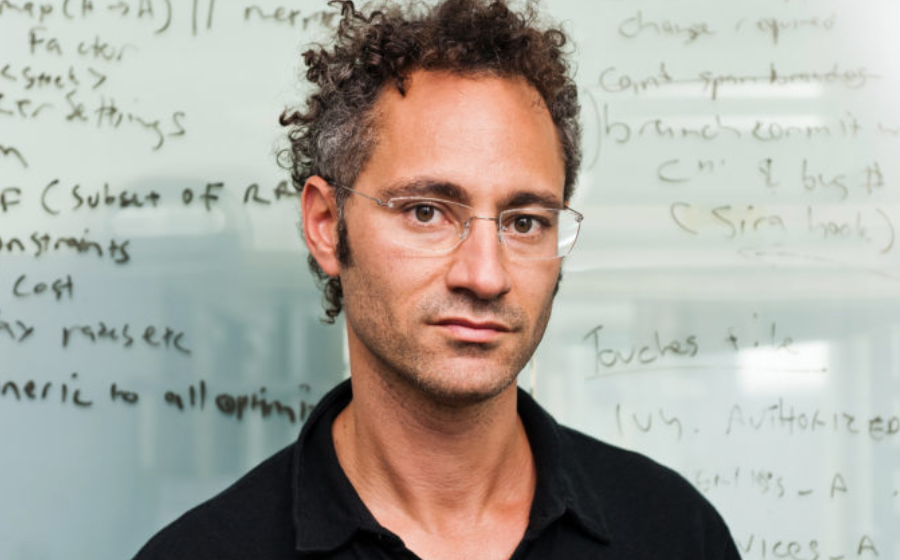Alex Karp is a man with an unconventional background for a tech CEO. Born in Philadelphia in 1967, Karp studied philosophy at Haverford College before earning a law degree from Stanford University. He then spent several years working as a lawyer before turning his attention to the world of technology.
In 2003, Karp co-founded Palantir Technologies, a data analytics company that has since become one of the most influential firms in the tech industry. Palantir’s software solutions are used by government agencies, financial institutions, and other organizations to gather and analyze vast amounts of data, with the goal of identifying patterns and trends that can inform decision-making.
Karp’s background in philosophy might seem like an odd fit for the world of tech, but he sees it as a natural extension of his interests. In an interview with Forbes, he said, “I think philosophy has given me the ability to ask the right questions…to look at problems from multiple angles and not be satisfied with the first answer.”
Karp’s philosophical training has also informed his approach to leadership. He has described himself as a “philosopher-CEO,” who is less interested in the day-to-day operations of the company and more focused on developing a vision for the future. In a 2015 interview with Fortune, he said, “I spend my time thinking about the future and trying to make sure we’re creating the right culture.”
Under Karp’s leadership, Palantir has become known for its work with government agencies, particularly in the fields of national security and law enforcement. The company’s software has been used to track terrorists, detect fraud, and monitor the spread of infectious diseases. However, Palantir’s work has also been controversial, with some critics raising concerns about privacy and civil liberties.
Despite these controversies, Karp remains committed to using data to make the world a better place. In a 2018 interview with CNBC, he said, “We are a company that believes that if we can get the data right, if we can get the analysis right, if we can help people make better decisions, the world will be a better place.”
Karp’s vision for Palantir is rooted in his belief that data can be a force for good in the world, but also in his recognition that technology is only one part of the equation. In a 2017 TED talk, he said, “Technology is a tool, it’s not an end in itself. And if we don’t use it well, it will hurt us more than it helps us.”
As Palantir continues to grow and expand its reach, Karp’s background in philosophy will likely continue to inform his approach to leadership and decision-making. For Karp, the goal is not just to build a successful tech company, but to use technology to make a positive impact on the world.



